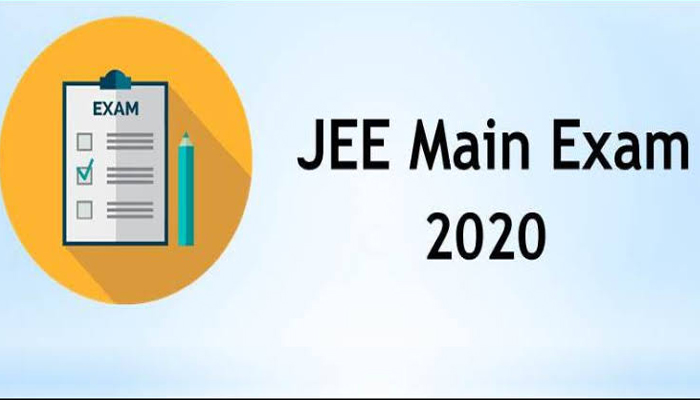TRENDING TAGS :
JEE Main 2020: Smart tips and tricks to score high!!
The national level competitive exam, JEE (Joint Entrance Examination), is conducted by NTA (National Test Agency) and held twice every year in January and April. The upcoming big date for the exam is January 6 to 11, 2020.
Lucknow: The national level competitive exam, JEE (Joint Entrance Examination), is conducted by NTA (National Test Agency) and held twice every year in January and April. The upcoming big date for the exam is January 6 to 11, 2020.
ALSO READ: Maharashtra: Hindutva ideologue Savarkar’s grandson hospitalised
With the changed pattern, the students can now appear for the examination twice in a year. The main intetion behind the changed pattern is to help students get a sense of the format of the exam and encourage more students to take the test. The number of questions has been reduced from 30 to 25 (each subject), and out of the 25 questions, 20 will be multiple-choice/objective, and 5 will be numerical questions.
This has resulted in the reduction of 15 questions in total, which means the new pattern will give students the opportunity to spend more time per question, however, with this the level of difficulty in question paper might also change. The students will need to be very careful while attending to the questions, especially the numerical ones. So, the students should not only study hard but also study smart to get a good score in the upcoming exam.
Preparation tips
Know your subject, syllabus and exam pattern:
Physics, Chemistry, and Maths form the core of JEE exams. Students must study the syllabus carefully, note the important topics, and get the books (NCERT books) for all the three subjects especially chemistry NCERT will play an important role.
Besides NCERT books, students can refer to any mock test series which matches with the actual standard of the JEE Main. Divide your time carefully. Ensure that you comprehend all the concepts really well. Be very clear of the new exam pattern. The questions have been reduced to 25 for each subject. Read the marking scheme very carefully and prepare yourself accordingly.
Some of the important topics (subject-wise) that the students should not leave at any cost are:
Physics: Errors, Heat & thermodynamics, Optics, Modern physics including communication systems & semiconductors.
Chemistry: Chemical bonding, Periodic table, liquid solutions, Compounds containing nitrogen & oxygen, Environmental Chemistry & Chemistry in everyday life.
ALSO READ: New air strike on pro-Iran convoy in Iraq ahead of Soleimani funeral
Maths: Sequence & series, Determinant & matrices, conic sections, differential equations 3D & Vectors.
Time management:
Create a time table and stick to the same. Now that there is almost a month only to the exams, students must follow a rigid time table and have ample time to solve mock tests and work on their time management.
This means that they should also spend time to work on a computer to increase their speed and accuracy as they will have to give the exams in online mode. It is very important to record your time while solving questions, especially numerical questions.
The students should get a fair idea of the time they spend on each question as this strategy will definitely help while giving the exam.
Take the support of online and offline coaching:
The exam preparation requires experts' guidance. Students must take help from good coaching institutes as they will not only help in their exam preparation but will also help them build their confidence to give the exam without stress.
Get your doubts cleared by the professionals. Know the important topics from the experts for the exam preparation and make sure to study them. Other than this, make use of online/digital platforms as you have to give exams in CBT mode (Computer-based testing). Online mock tests are also useful for your preparation.
Mock Tests:
As we always stress, your preparation is incomplete without solving the previous exam papers. Practice as many mock tests/sample papers/previous exam papers as you can.
Do a detailed analysis after every test. Know your strengths and weaknesses topic- wise and subject-wise and resolve them with more practice.
Revision:
Revise the formulas and their derivation. Make cheat sheets for all subjects and revise them on a regular basis. Remember the important reactions, equations, and mechanisms. Focus on the revision of important formula steps, assumptions thus should be on top of the mind of the aspirant.
It becomes essential that the student, basis his own analysis and experience, develops a mindset and confidence of taking up which subject to start with in order to get maximum right answers.
Self-care:
This is an important preparation tip as you will do well, only if you feel well. Eat good food, spend time with family and take proper sleep. Study with fresh and a happy mind.
Do meditation and neck exercises as studying for long hours may create discomfort and stiffness in your body.
Newstrack team wishes all those taking up this test a very good luck!!!
ALSO READ: Delhi CEO office’s voters helpline to have dedicated facility for disabled



